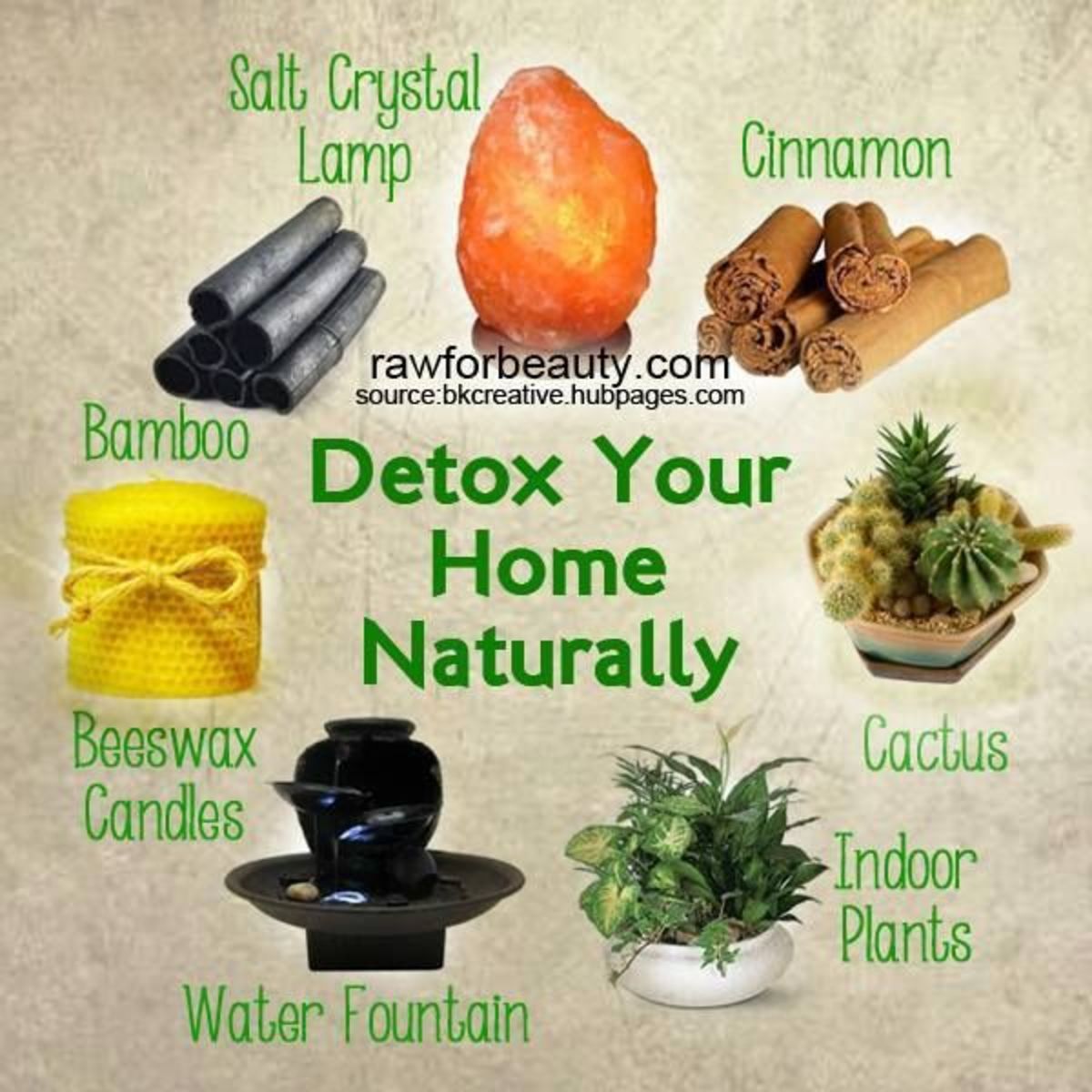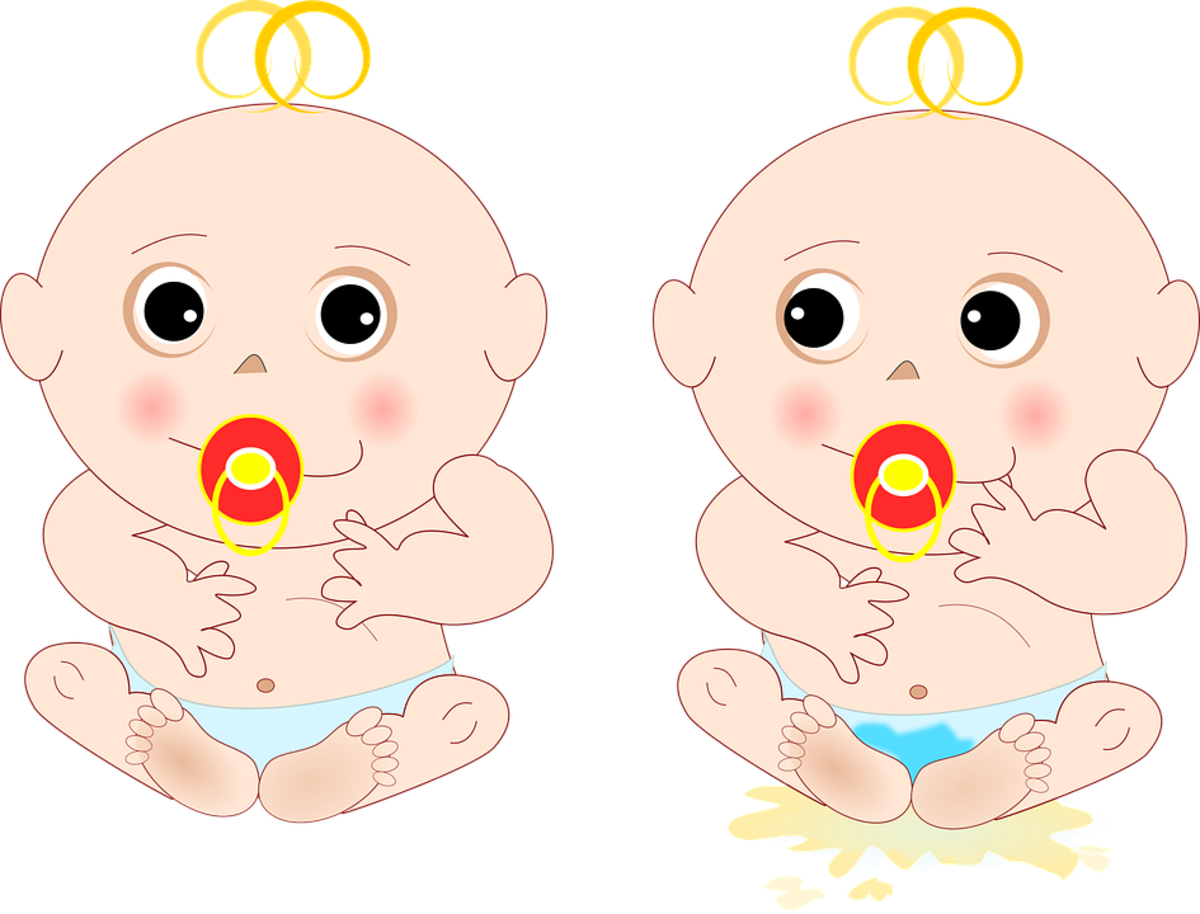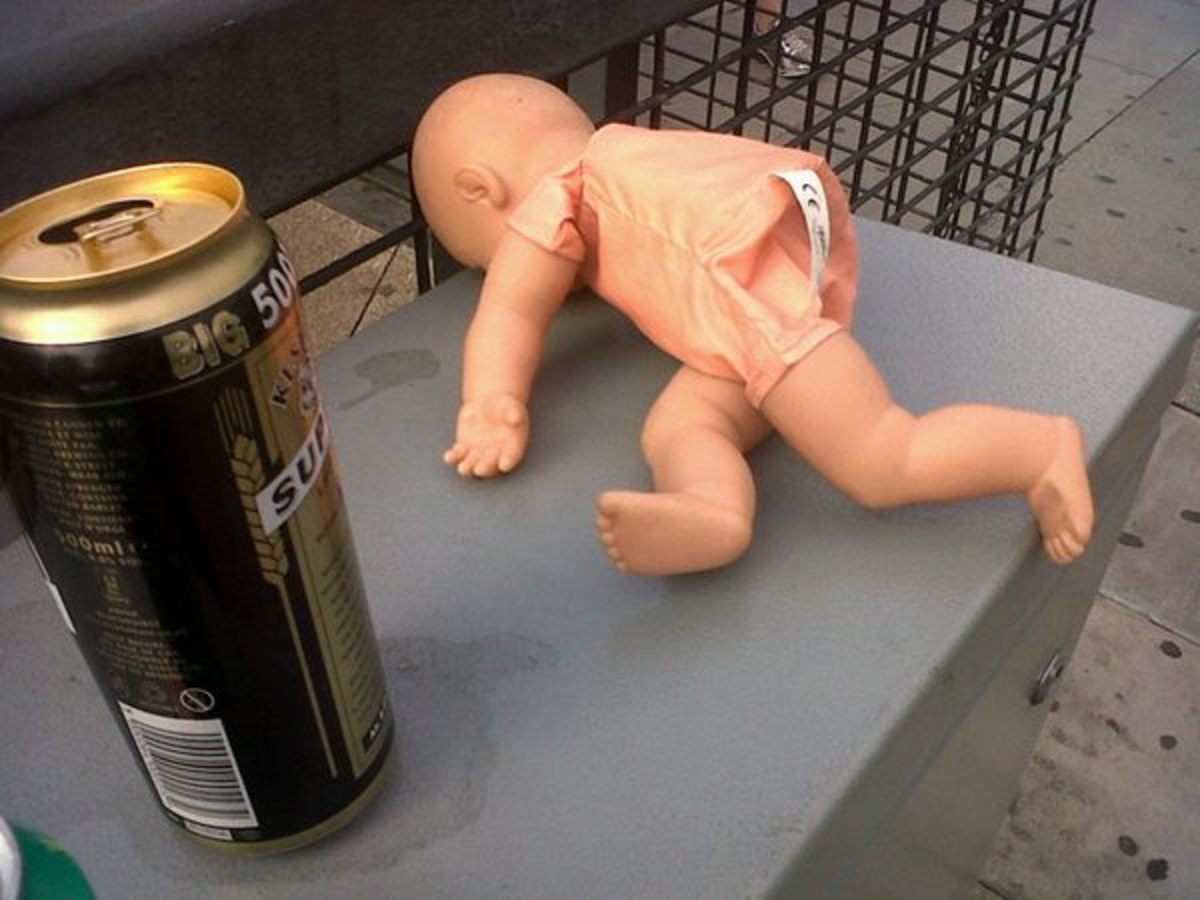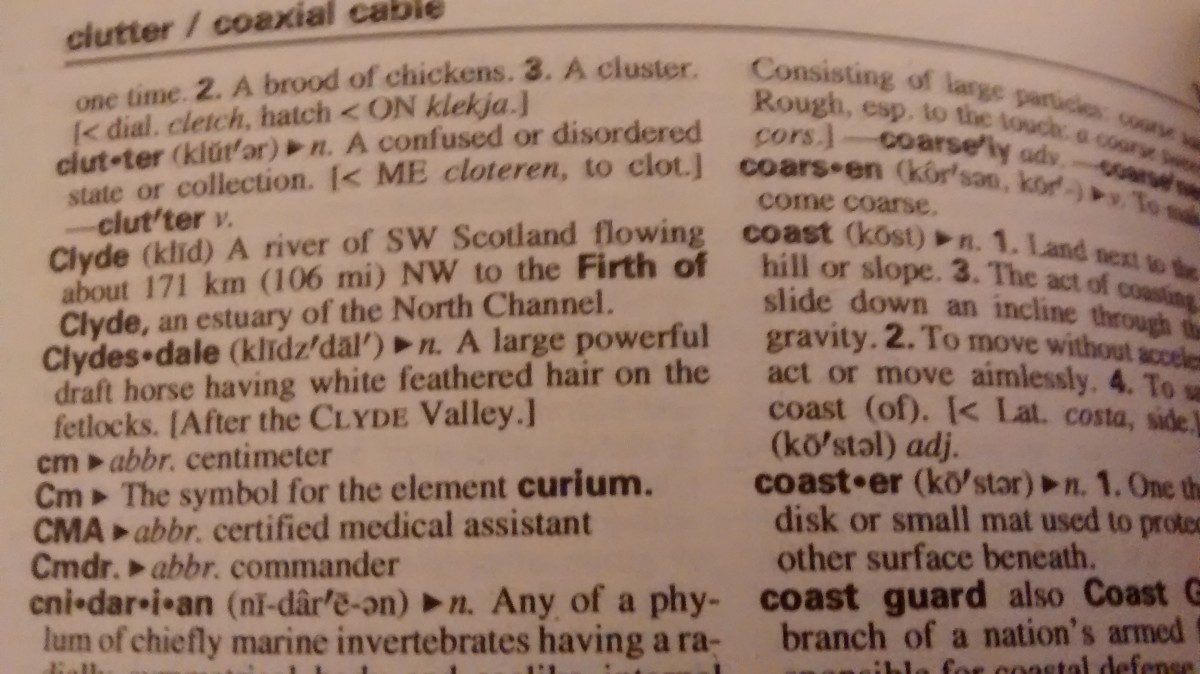Antibacterial Soap - Healthy or Harmful?
Kill Those Germs
Antibacterial soap. It’s everywhere. Nowadays when you go into a typical supermarket, where most of us do our regular grocery shopping, and you stop by the soap aisle to get your dish soap or liquid hand soap, most of what you find is antibacterial. Most people don’t give it a second thought. They’re glad to have it. After all, something that kills bacteria is a good thing, right? I always thought so, but as it turns out, it might not be as good for us as we all thought.
The companies that make these products have been marketing them to the public as keeping you healthy by killing germs and harmful bacteria. They show you simulations of little critters that live everywhere on your hands and surfaces of your household. Then they show a child touching that surface. OH NO! We have to keep our families healthy, so we need antibacterial soap to kill all those disgusting little organisms. It’s brilliant marketing actually, it plays to your guilt and sense of responsibility at the same time.
In reality, the need for these products has been overemphasized for the sake of selling the products. As it turns out, those little bacteria that we’re so worried about are actually not all that bad to have around and are probably much better than the things designed to keep us “healthy”.

Do They Really Work?
One of the main problems with using antibacterials is that they don’t work completely. That is, they don’t kill 100% of the germs all the time. What results is that the surviving germs then mutate into stronger germs, more resistant to the chemicals designed to kill them. Eventually, we’ll end up with germ super-strains that won’t be affected at all by these chemicals. This is much the same as what is happening with antibiotics in medicine. They get prescribed and used so regularly for every little sniffle or bug that one comes down with, they are no longer effective when we actually need them.
Unexpected Side Effects
There is also growing evidence that the overuse of antibacterials may be increasing the incidence of allergies in children. Studies are showing that children that grow up in overly sanitized environments have a higher incidence of allergies than do children that grow up in so called “dirty” environments. In one study, children that grew up on farms developed far fewer allergies than did children who grew up in more sterile environments. This is because when kids get a bug when they’re young, it strengthens their immune system against disease and sickness, and now it turns out, allergies, when they get older. The use of these antibacterial products are actually weakening our tolerance and resistance to disease over time.
Antibacterials and the Environment
The next thing to consider is the environmental factor. The ingredients used in sanitizers and soaps don’t biodegrade in the environment, instead they build up to what could be considered toxic levels. One of these ingredients commonly used in antimicrobials, Triclosan, when exposed to sunlight, transforms into at least four dioxins. These dioxins, according to the World Health Organization, can damage the immune system, interfere with hormones, cause reproductive and developmental problems and cancer.
That doesn’t sound like something we would want to have in our environment, right? In fact, every time you use an antibacterial soap or dishwashing liquid, you are flushing Triclosan down your drain and ultimately into the fresh water supply. While the waste water does go into a treatment plant, Triclosan is not entirely removed during the treatment process and is then released into the fresh water supply where it is exposed to sunlight and transformed into the harmful dioxins.
Over the last 30 years, while other dioxin levels have been decreasing, the levels of dioxins from Triclosan have increases as much as 200 - 300 percent in sediment samples taken from riverbeds. These dioxins are known to originate only from Triclosan and didn’t exist in the environment until the widespread use of these products began.
Let's Get Real Anti Antibacterial
So what’s the alternative? In reality, we don’t really need these products at all. The best way to clean is, and always has been, simply washing your hands and dishes with regular old soap. Washing your hands with regular soap and water for 20-30 seconds is just as effective at removing germs as using antibacterials and much better for the environment and much better for our overall health in the long run. We don’t really need to be such “germophobes” to begin with. It turns out those little guys aren’t so bad to have around. I’d feel safer with a few extra natural bacteria than some man-made dioxins any day. I think I’ll go outside and get my hands dirty...








